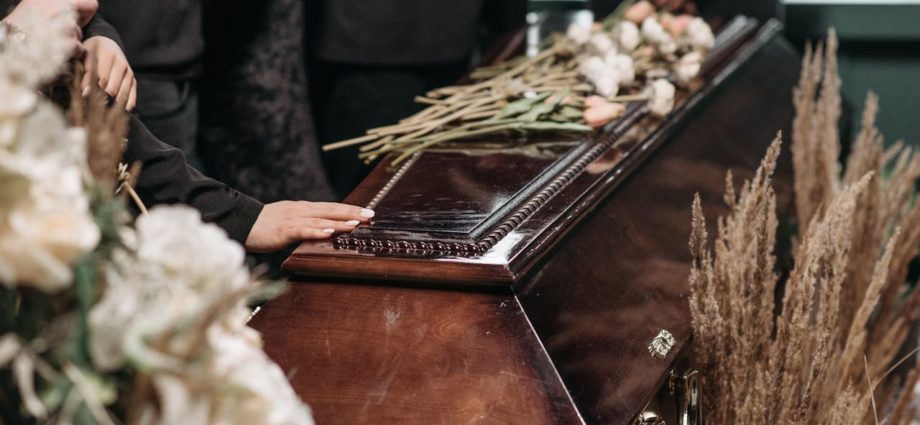The grief that emerges after losing a loved one can be overwhelming, and decisions about funeral arrangements can add an additional layer of stress for grieving families. To lighten this burden, it’s important to prepare ahead of time while it’s still possible. Whether you’re planning your own future funeral or the funeral of a loved one, here are four simple tips for creating a meaningful service during a time of grief.
Tips for Creating Meaningful Funeral Tributes and Memorials
1. Document Final Wishes
If possible, you should document the final wishes of your loved ones while they’re still alive. Doing this eliminates lingering, unanswered questions and minimizes potential disagreements among family members regarding the wishes of the deceased. In addition, knowing that you are fulfilling your loved one’s wishes can bring a sense of peace and closure. Some considerations to take into account include their chosen faith, whether they prefer to be cremated or buried, type of casket or urn, and any important, special requests for the funeral service. Get these final wishes in writing and put the document in a safe place. You may also wish to give a copy of this document to an appropriate third party, such as the legal representative or primary care doctor of your loved one.
2. Add Personal Touches
Every funeral or cremation service should be as unique as the individual being celebrated. To fully honor the deceased, it’s important to personalize their funeral with certain details from their life. Many families choose to play a selection of favorite songs and a slideshow of photographs or videos. A reading of a favorite poem or Bible verse can also add a personal touch to your loved one’s final farewell. For something more interactive, you can offer a block of time at the end of the service for any guests who would like to share a happy anecdote or memory of your loved one.
3. Incorporate Symbolism
For centuries, humans have used symbolic gestures in funerals to express feelings of grief and offer comfort to mourners. Some examples include releasing butterflies or doves, lighting a white candle, or holding a moment of silence. To add an aspect of physical symbolism, consider setting up a table of mementos that represent the personality of the deceased.
4. Get Finances in Order
Most funerals are expensive, and the cost will likely go up the longer you wait. Without proper planning, families may find themselves scrambling to cover the costs at a time when they are least prepared to do so. As unpleasant a task as it is, it’s best to tackle the financial aspects of funeral planning as early as possible. Fortunately, preplanning your funeral comes with extra benefits, one of which is the ability to “lock-in” your price at current market conditions. Doing this gives you a final quantity for budget planning, opens the door to pre-payment arrangements, and further streamlines the entire funeral planning process.
Clarity and Guidance for the Family
Planning a funeral can be stressful, expensive, and nearly impossible if you’re grieving at the same time. Pre-planning your funeral may be a smart financial move, but it’s also a compassionate act that gives your family the freedom to mourn in peace.
